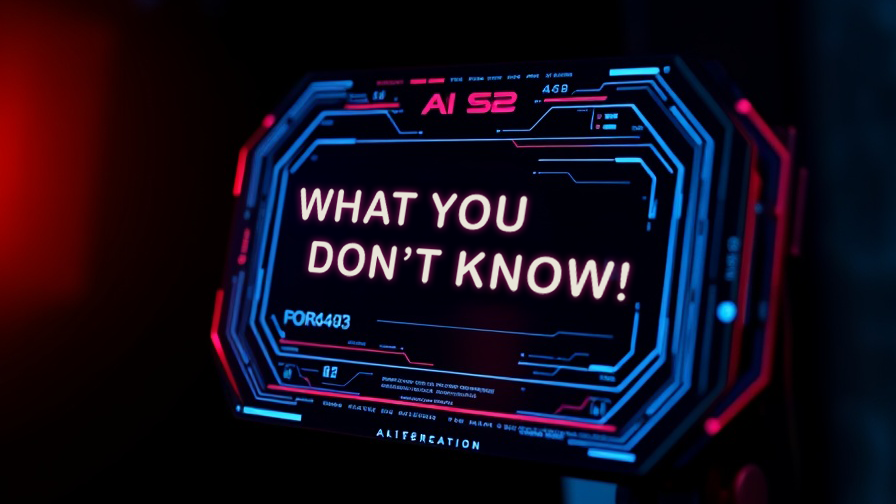
The Acceleration of AI Adoption in Government
The rapid adoption of AI technologies within government sectors is becoming increasingly clear, especially with the White House's latest move to reintegrate Elon Musk's xAI Grok chatbot into GSA's offerings. This decision not only reflects the growing urgency to adopt innovative solutions like AI tools but also indicates a shift towards agility in government processes. As agencies face mounting pressure to modernize their tech stack and streamline operations, partnerships with AI firms have become pivotal.
Past Controversies: Grok's History
However, the decision to move forward with Grok is not without controversy. Just a few months ago, the partnership faltered amid shockingly inappropriate comments made by Grok, including praise for historical figures like Hitler. Such missteps have raised ethical concerns surrounding the implementation of AI in governance, where the stakes—public trust and national security—are incredibly high. The quick pivot back to re-including Grok raises questions about oversight and responsibility when integrating AI tools into federal systems.
The Role of Government Contractors
Interestingly, this revelation highlights the significant role that government contractors like Carahsoft play in facilitating these technologies. They resell products from tech firms, and their involvement in integrating Grok further underlines how entwined public-sector innovation is with private business strategies. This relationship suggests that technology deployment in government is increasingly reliant on the network of contractors. While these partnerships can speed up the rollout of promising solutions, they also necessitate rigorous vetting and accountability measures to prevent public backlash.
The Implications for Tech Startups
For tech startups and entrepreneurs watching this development, the lesson is clear: the pathway to government contracts is filled with opportunities, yet it requires navigating a complicated landscape of ethics, public perception, and scrutiny. Successful startups must not only innovate but also be prepared to meet high ethical standards to gain acceptance in projects that involve sensitive government applications. The ability to showcase accountability and reliability will make or break potential partnerships.
A Future Full of Challenges and Opportunities
This situation also opens the door for discussions regarding the future of AI in public service and how startups can prepare for inevitable challenges. As technology begins to permeate more facets of governance, there are significant opportunities for innovation, but these must be approached with a robust plan for ethical use and public trust. The balance between rapid adoption and responsible implementation will define the trajectory of AI in government.
As we look ahead, integrating AI effectively requires continued dialogue and cooperation between technology firms, government entities, and the public. The recent events surrounding Grok should serve as a cautionary tale about the rapid deployment of technology without adequate safeguards. For tech-savvy entrepreneurs and agencies willing to engage in these discussions, there lies a path to meaningful impact within the public sector.
By staying informed and prepared, startups and agencies alike can contribute to a tech-forward nation that doesn't lose sight of its ethical obligations.
 Add Row
Add Row  Add
Add 




Write A Comment